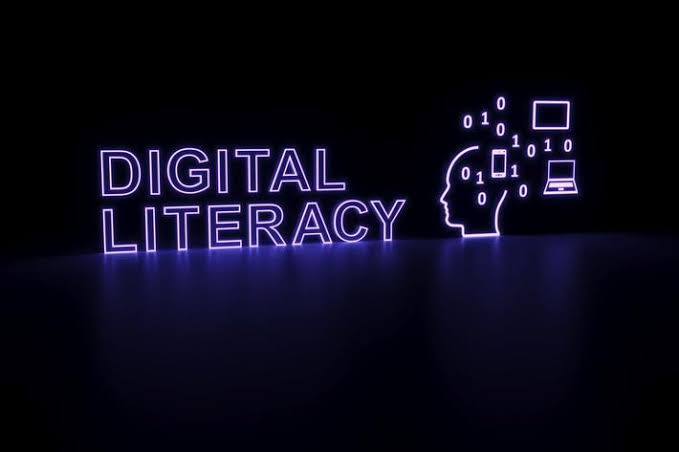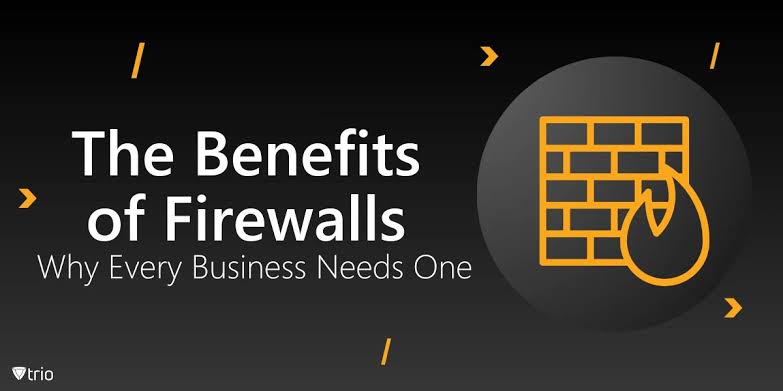Digital literacy has become a necessity in today’s world, where technology is integrated into almost every aspect of life. From communicating and learning to working and managing daily tasks, the ability to use digital tools effectively can make a huge difference. Digital literacy is not just about knowing how to use a smartphone or computer; it involves understanding how technology works, how to evaluate information, and how to use digital platforms responsibly and securely. Enhancing digital literacy can open doors to more opportunities, improve productivity, and build confidence in using technology.
Understanding the Basics of Technology
The first step in enhancing digital literacy is learning the basic functions of devices and software. Many people use digital tools daily without fully understanding their features. Taking time to explore the settings of your devices, understanding operating systems, and learning shortcuts can improve efficiency.
You can also familiarize yourself with common applications such as word processors, spreadsheets, and presentation tools. These are essential for both personal and professional use. By mastering these basics, you can build a strong foundation to explore more advanced digital tools.
Developing Strong Internet Navigation Skills
Knowing how to search for information online effectively is one of the most important aspects of digital literacy. The internet is filled with vast amounts of data, but not all of it is reliable. Learning to use search engines efficiently by applying filters, keywords, and advanced search options can save time and provide accurate results.
It is equally important to assess the credibility of sources. Understanding how to distinguish between reliable information, biased opinions, or false content helps you make informed decisions. This skill is especially valuable in an era of misinformation and fake news.
Practicing Safe Online Habits
Digital literacy also involves being aware of online safety and privacy. Knowing how to create strong passwords, enable two-factor authentication, and avoid suspicious links is essential for protecting your data.
Learning about privacy settings on social media platforms and apps can also help you control who has access to your information. Being cautious when sharing personal details online prevents identity theft and fraud, making your digital experience safer.
Improving Communication Skills Online
Communication has shifted largely to digital platforms, from emails and video calls to instant messaging. Enhancing your digital literacy includes learning how to communicate effectively and professionally online.
This means understanding email etiquette, being clear and respectful in messaging, and using collaboration tools like Zoom, Microsoft Teams, or Slack efficiently. Developing these skills makes it easier to work with others in both academic and professional environments.
Exploring Digital Learning Opportunities
One of the best ways to grow your digital literacy is by using online learning resources. There are countless free and paid courses that cover everything from basic computer use to advanced programming. Platforms like online tutorials, webinars, and virtual workshops provide accessible learning opportunities.
By dedicating time to continuous learning, you not only enhance your technical skills but also stay updated with new technologies. This ongoing growth ensures that you remain adaptable in a rapidly changing digital world.
Understanding Digital Content Creation
Digital literacy is not only about consuming information but also about creating it. Learning how to produce content such as blog posts, videos, graphics, or presentations is a valuable skill. These abilities are useful in education, career development, and even personal projects.
Tools like Canva for design, WordPress for blogging, or basic video editing software can help you get started. Creating digital content improves creativity, critical thinking, and communication, while also preparing you for opportunities in the digital economy.
Managing Digital Well-being
Another important aspect of digital literacy is maintaining a healthy balance with technology use. Constant exposure to screens can cause fatigue, stress, or even harm productivity. Developing habits such as setting screen time limits, taking breaks, and using productivity apps helps maintain digital well-being.
Being mindful of how you interact with technology ensures you benefit from it without becoming overly dependent. A balanced approach allows you to use digital tools efficiently while prioritizing health and well-being.
Staying Updated with Emerging Technologies
Technology evolves quickly, and enhancing digital literacy requires keeping up with these changes. New tools, apps, and platforms are introduced regularly, and being open to learning about them ensures you do not fall behind.
Reading tech news, following digital trends, and experimenting with new apps or devices can help you stay ahead. This adaptability is highly valued in modern workplaces and makes you more confident in using technology for personal growth.
Conclusion
Enhancing your digital literacy is an ongoing journey that involves mastering basic skills, practicing safe habits, creating digital content, and staying updated with new technologies. By improving these abilities, you can navigate the digital world more effectively, communicate better, and make informed choices online.
Digital literacy is not limited to professionals; it is essential for everyone. By taking simple steps to improve your understanding and use of technology, you build confidence and prepare yourself for opportunities in education, careers, and daily life in a digital-first world.



